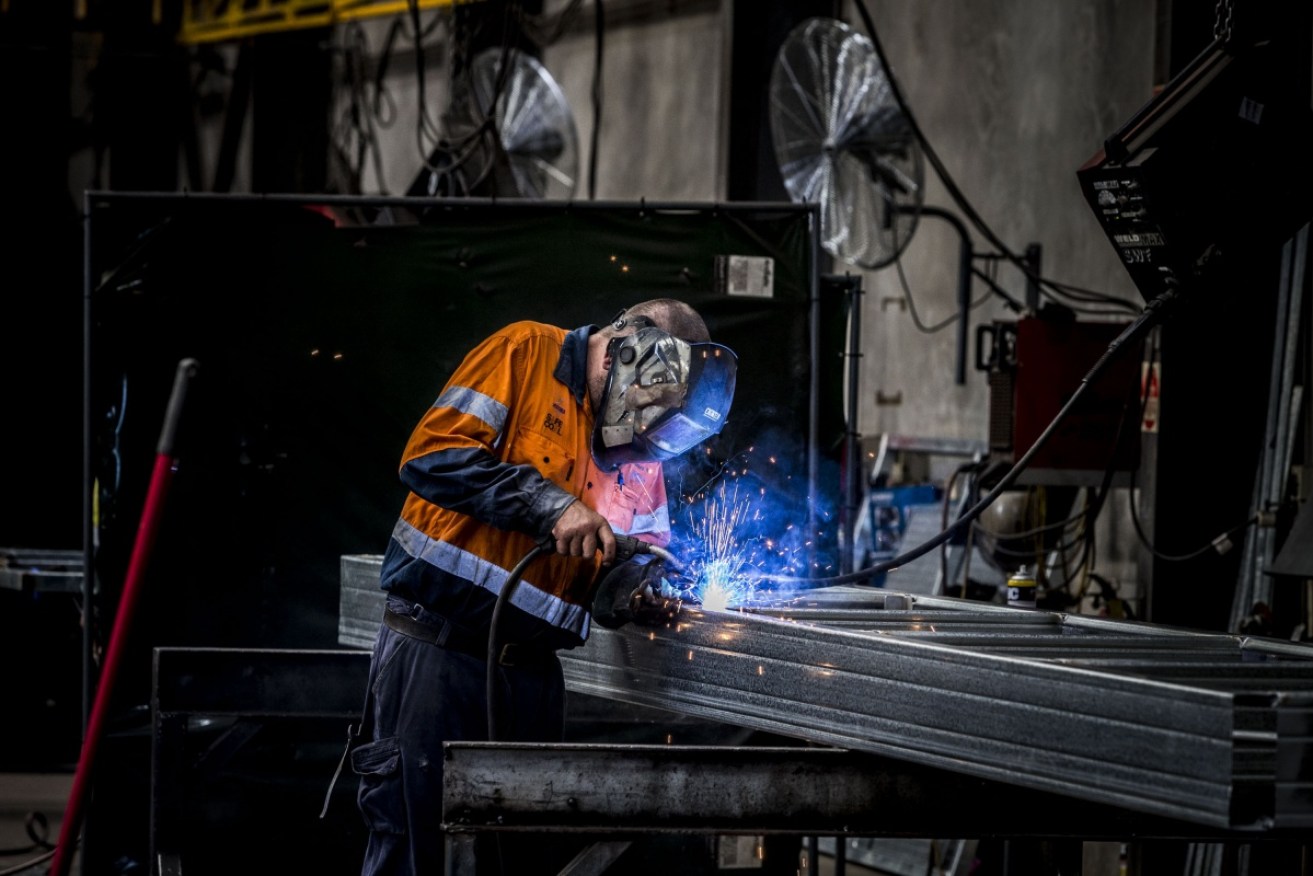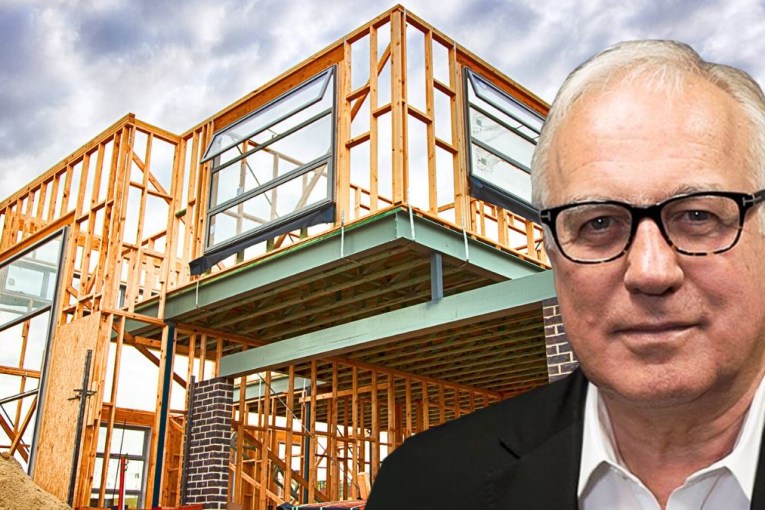Coronavirus is focusing attention on fragile global supply chains, so how will Australia respond?

The economic shutdown has triggered debate about 're-industrialisation'. Photo: AAP
The economic shutdown has focused much attention on supply chains.
Take the lithium industry.
For the past 20 years, China has worked assiduously to make itself a renewable energy powerhouse.
It is the world’s largest producer, exporter and installer of solar panels and wind turbines.
It is the largest market for electric vehicles, the biggest manufacturer of electric vehicles, and the largest producer and exporter of lithium-ion battery cells.
And it has secured its access to major lithium reserves globally, particularly in Australia and South America, so its supply of lithium can’t be disrupted by competitors.
It’s the dominant force in the global lithium supply chain.
But the co-ordinated shutdown of economies this year – with the first shutdown occurring in China – has forced the lithium industry to think seriously about its over-reliance on a single country.
It turns out the industry is extremely vulnerable to economic disruptions emanating from China.
This crisis could accelerate efforts to reconfigure supply chains.
For example, the world’s fifth-biggest lithium producer, Livent, says it is now looking to move its supply chains away from China.
“It’s a conversation that’s starting to happen that was not happening even six months ago,” chief executive Paul Graves told the Financial Times in March.
The CEO of American Battery Metals, Doug Cole, has been pushing for the United States to become more self-sufficient in the lithium space.
If coronavirus has shown us anything, it’s that we are far too reliant on China and other countries for key minerals like lithium, cobalt and nickel,” he said.
General Motors is investigating ways to source important lithium-ion battery minerals (such as lithium and nickel) from North America for its range of electric vehicles, and for its battery cells to be made in Ohio.
And European governments had already started to invest heavily in their own countries – before the coronavirus – to reduce their reliance on Asia for lithium-ion battery chemicals and cells.
According to the office of Australia’s chief economist Russell Campbell, these supply chain reconfigurations “may present opportunities for Australia”.

China has been securing supplies of lithium from around the world, but producers are looking to diversify their customer bases. Photo: ABC Local: Anthony Pancia
Security agencies have warned about this for years
Australia’s security agencies have been warning about this type of pandemic scenario for years.
If you look at supply chains from a national security perspective – rather than an economic one – the coronavirus has shown how exposed some of Australia’s essential services are to foreign economies and corporations.
Have you thought of the chemicals needed to treat our sewerage systems?
Like our medical supplies, most of the chemicals needed to treat our water and sewage systems are sourced offshore.
As the ABC reported last week, when officials from the Defence Department got together with industry leaders last year to think of ways Australia might suffer during a catastrophic severe supply disruption, our essential services were shown to be extremely vulnerable.
During this crisis, water suppliers and treatment companies have had to co-ordinate with national authorities to ensure they have enough chemicals to keep treating water and to prevent disease.
Energy industry set for changes
Last week, the International Energy Agency explained how the outbreak of COVID-19 had smashed demand for fossil fuels this year.
In its first report on the coronavirus outbreak, it forecast multi-decade lows for the global consumption of coal, oil and gas in 2020, warning: “The energy industry that emerges from this crisis will be significantly different from the one that came before it.”
It said only renewable energy had proved resilient to the shock.
It forecast positive growth (of roughly 5 per cent) for renewable energy demand this year, meaning renewable energy would account for almost 30 per cent of the world’s demand for electricity in 2020 – its largest contribution to global energy.
How will developed economies respond?
The damage to fossil fuel supply chains has prompted serious discussions.
This week, progressive think tank The Australia Institute held a webinar with American Nobel laureate in economics Joseph Stiglitz and former Labor treasurer Wayne Swan on the global response to the pandemic.
Professor Stiglitz was asked about developed economies and whether they ought to recall some manufacturing activities onshore – in the post-coronavirus world– so they’re less exposed to future disasters.

Wayne Swan says the closure of Australia’s car industry has left Australia stranded without key skills. Photo: ABC News/Caroline Winter
But Mr Swan was more forthright.
He said our experience of the economic shutdown would spark a debate about re-industrialisation in the years ahead.
“I think it certainly demonstrated that in this country, our industrial base has been hollowed out,” Mr Swan said.
“The closure of the car industry, for example, has left us stranded without key skills, which we now find in a pandemic we need.
“There’s going to be a new debate about re-industrialisation in Australia in the years ahead. And in particular, how we do it powered by renewable energy.
“We can do both things at once. We can make our economy cleaner. We can tackle climate change, and in those areas where we have the skills, we can re-industrialise.”
–ABC








